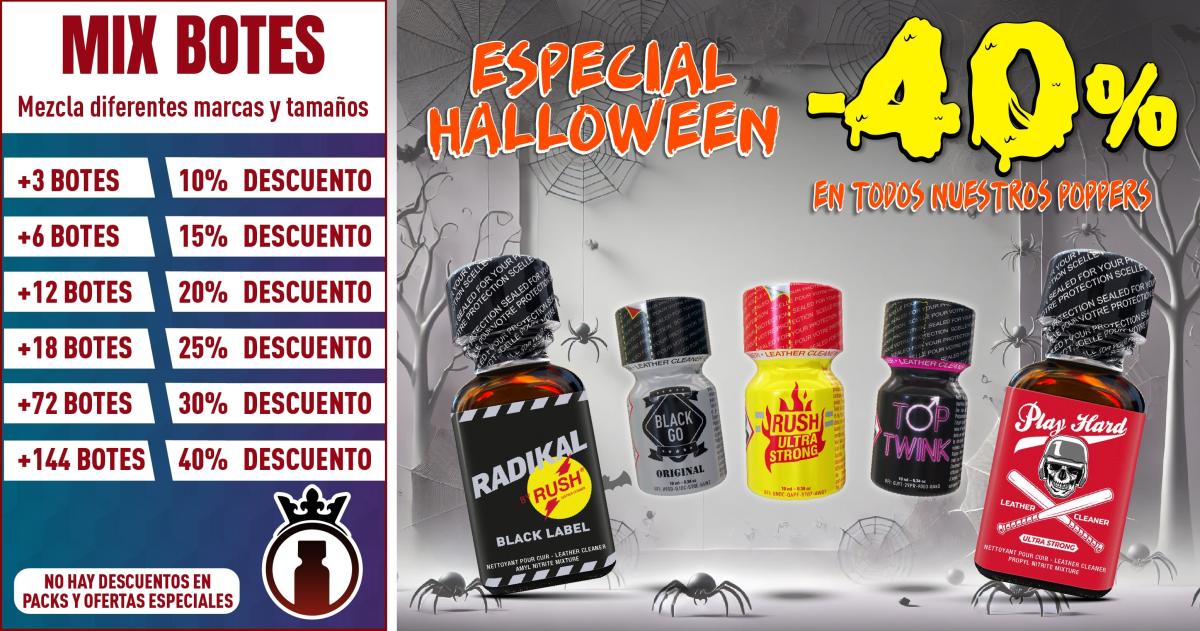The Origins Of Popper: From Therapeutic Remedy To Recreational Drug

The Initial Discovery and Medical Use of Popper
Popper, known scientifically as nitrito de amilo, has its roots in the siglo XIX thanks to French chemist Antoine-Jérôme Balard.
Balard famous for discovering bromo paved the way for this compound’s development when he synthesized nitrito de amilo in 1844.
The substance drew scientific attention for producing immediate rubor (flushing) and strong efectos vasodilatadores when inhaled, making it of great interest to the medical community.
By the late 1800s, Scottish physician Thomas Lauder Brunton introduced nitrito de amilo into therapeutic use.
His research revealed that the compound could relieve the symptoms of angina de pecho, a prevalent cardiac condition, by relaxing vasos sanguíneos and improving flujo sanguíneo.
Thus, Popper began to be marketed as an effective remedio terapéutico, showcasing how scientific discoveries could transform simple chemicals into valuable medical solutions.
Transition to Recreational Use and Social Acceptance
Over time, Popper transcended its medical origins to become a sustancia recreativa, marking a significant shift in social perception.
In the decades following its therapeutic introduction, popper found its way into vida nocturna and círculos sociales, attracting people seeking intense experiencias sensoriales and moments of euforia.
Social acceptance of Popper grew in parallel with movements of liberación sexual and hedonismo, particularly in the años 70 y 80.
In an era when morality and social norms were being questioned, Popper became embedded in cultura de clubes and festive gatherings.
Later, Internet played a crucial role in its resurgence increasing accessibility and promoting use in sesiones de sexo en línea and videollamadas.
This journey from descubrimiento científico to cultural phenomenon highlights how substances evolve alongside cambios sociales y culturales.
Today, Popper continues to generate debate about its regulación and its role in sociedad contemporánea, challenging long-standing ideas about placer and moralidad.
Effects of Popper and Its Impact on Health
How Popper Acts on the Body
Popper (or nitrito de amilo) acts quickly when inhaled.
Its main effect is the relajación de los músculos lisos, which lowers presión sanguínea and increases ritmo cardíaco.
This efecto vasodilatador produces sensations of warmth, facial flushing, dizziness, and a brief wave of euforia.
The reduced aporte de oxígeno al cerebro is responsible for the intense and variable sensations experienced by users.
However, this same mechanism can cause adverse effects if Popper is used irresponsibly or combined with other sustancias vasodilatadoras, such as medications for hipertensión or disfunción eréctil.
Scientific literature documents dangerous interactions between Popper and drugs like sildenafilo (Viagra), which can increase the risk of infarto.
Perceived Benefits and Associated Risks
For many users, Popper is synonymous with placer and desinhibición, particularly in nightlife and intimate settings.
Its ability to heighten experiencia sensorial is one of its most appreciated effects, offering a burst of pleasant sensations though short-lived.
Nevertheless, uso del Popper is not without risks.
Studies have shown that prolonged consumption may lead to daños neurológicos, temporary alteraciones visuales, or irritación de las mucosas.
Accidental inhalation of the liquid can even cause neumonía lipoidea, a severe condition.
It is therefore essential for users to stay informed about the peligros potenciales associated with Popper.
Responsible and informed consumption grounded in información científica confiable is key to ensuring that safety and personal well-being take precedence over the pursuit of intense sensations.
The Future of Popper: Regulation and Social Perspectives
Current Debate on Legalization and Restrictions
Popper sits at the center of an ongoing debate about regulación and legalización, reflecting the tension between personal placer and social norms.
While some countries maintain strict restrictions, others are beginning to reconsider their stance.
In España, this discussion is intensifying as popularidad del Popper grows and voices advocating uso responsable gain strength.
Supporters of a more relaxed approach argue for the derecho al placer personal and autonomía individual, provided that seguridad is guaranteed.
Advocates such as Adam Zmith argue that the line between uso clínico and uso placentero is not so clear, and that it’s possible to enjoy popper’s benefits without compromising social well-being.
This approach suggests that regulación informada could reduce the risks of illegal use and improve calidad del producto in the market.
Opponents of legalization, however, warn that Popper may pose significant risks to salud pública, especially if it becomes widespread without control.
The discussion therefore centers on finding balance between libertad personal and protección colectiva, requiring careful assessment of both risks and benefits as well as a deeper understanding of implicaciones culturales y sociales.
Reflections on Popper’s Role in Contemporary Culture
In modern society, Popper is more than just a sustancia recreativa it’s a symbol of libertad and exploración personal.
Its use has transcended conventional boundaries, finding a place within cultura queer and in broader contexts that challenge traditional moralidad and behavior.
Popper invites reflection on placer, cuerpo, and identidad in today’s connected world.
In an age where conectividad digital expands human experience, Popper acts as a catalizador for intimate and sensory encounters, enhancing authenticity and emotional freedom.